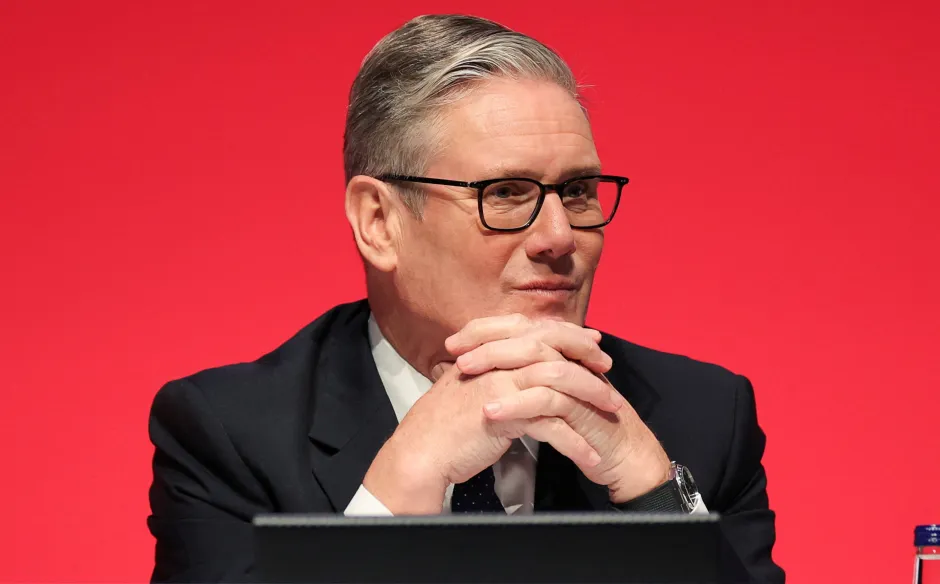A political storm has erupted after Prime Minister Keir Starmer branded Nigel Farage’s migration plans as “racist,” only for his Home Secretary Shabana Mahmood to announce a similar crackdown during the Labour Party conference. The sharp exchanges highlight how migration remains one of the most divisive issues in British politics, with both Labour and Reform UK fighting for public support.
Mahmood revealed plans to tighten rules on migrants, including denying permanent residency to those without a job, a clean record, good English skills, or a history of community service. She said her priority would be to stop what she called “likely scroungers” from gaining long-term residency in the UK. Her tough tone at the Liverpool conference was aimed at reassuring Labour’s traditional base that the government is serious about border control.
Starmer, however, took direct aim at Farage, calling his proposal to replace indefinite leave to remain with rolling five-year visas “racist” and “immoral.” He argued that targeting people who are already legally settled in Britain would tear communities apart. “They are our neighbours, they are part of who we are,” Starmer said, stressing that deporting law-abiding residents would divide the country.
Farage responded by accusing Starmer of being worried about Reform UK’s surge in the polls. He pointed out that his party’s plans are designed to cut welfare dependency and said Labour was trying to paint critics as racist instead of addressing voter concerns. His ally Zia Yusuf added that Labour’s message to the country was clear: taxpayers must pay billions for migrants, or risk being called racist.
Despite Starmer’s attacks, Labour sources suggested Mahmood’s approach is less severe than Reform’s. Her proposals would not remove rights from migrants who already hold indefinite leave to remain, unlike Farage’s plan. Even so, many in the party worry that Labour’s tougher stance could alienate left-wing supporters while still failing to stop Reform’s rise.
Recent polling showed Reform UK could win 373 seats if an election were held now, giving Farage a Commons majority larger than Boris Johnson’s 2019 victory. In contrast, Labour would slump to just 90 seats, its worst result since 1931. The same poll also showed the Conservatives pushed into fourth place behind the Liberal Democrats. With such results, immigration has clearly become the main battleground shaping Britain’s political future.
Meanwhile, the UK continues to face humanitarian challenges at the border. A child migrant recently died after falling from an overcrowded boat in the English Channel. French prosecutors confirmed her body washed up on a beach after dozens of others were rescued. Despite the tragedy, over 32,000 people have attempted the crossing this year, with smugglers sending record numbers on unsafe boats.
Starmer, alongside French President Emmanuel Macron, pledged stronger cooperation to combat smuggling networks and expedite asylum decisions. He promised to stop taxpayer-funded perks for migrants and to expand the use of digital ID cards. But with critics accusing Labour of “playing catch-up” and voters still deeply divided, the migrant policy row between Starmer and Farage shows no sign of ending.

